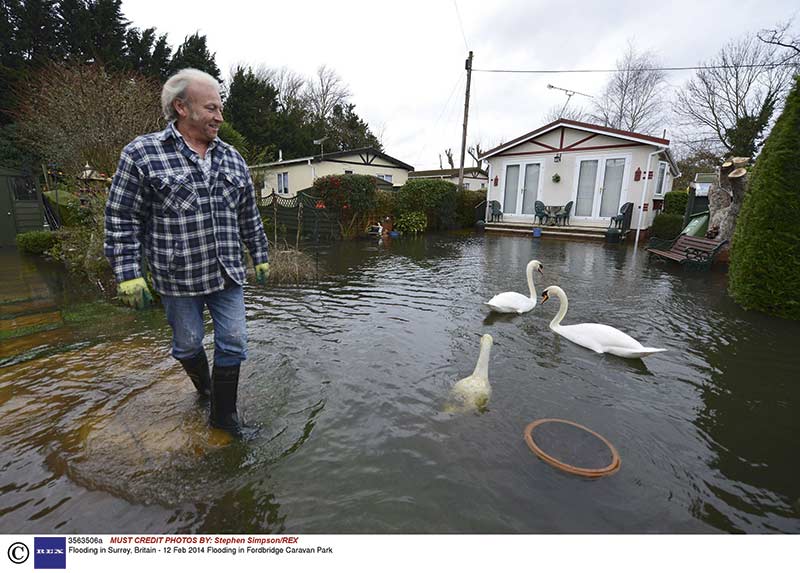
Clifford Darton provides a guide to the rising tide of flooding claims
When the recent floodwaters finally recede, landowners, water (sewerage) companies and land drainage authorities (such as the Environment Agency) could all soon find themselves the subject of claims by those who own or insure flood damaged properties. Unfortunately for these claimants, the task facing them is far more difficult than they often suppose.
There is no such thing as strict liability when it comes to surface water flooding and there are various statutory and common law impediments to establishing liability against each of these three potential defendants. If the rule in Rylands v Fletcher [1861-73] All ER Rep 1 is not now dead for all purposes then it certainly has no application to this area of law.
Landowners & riparian owners
Landowners are under no general obligation to prevent the natural flow of water onto lower land for the reasons recently restated in Arscott v Coal Authority [2003] EWHC 1690 (QB). Likewise, riparian owners (landowners whose properties abut or include a watercourse)









